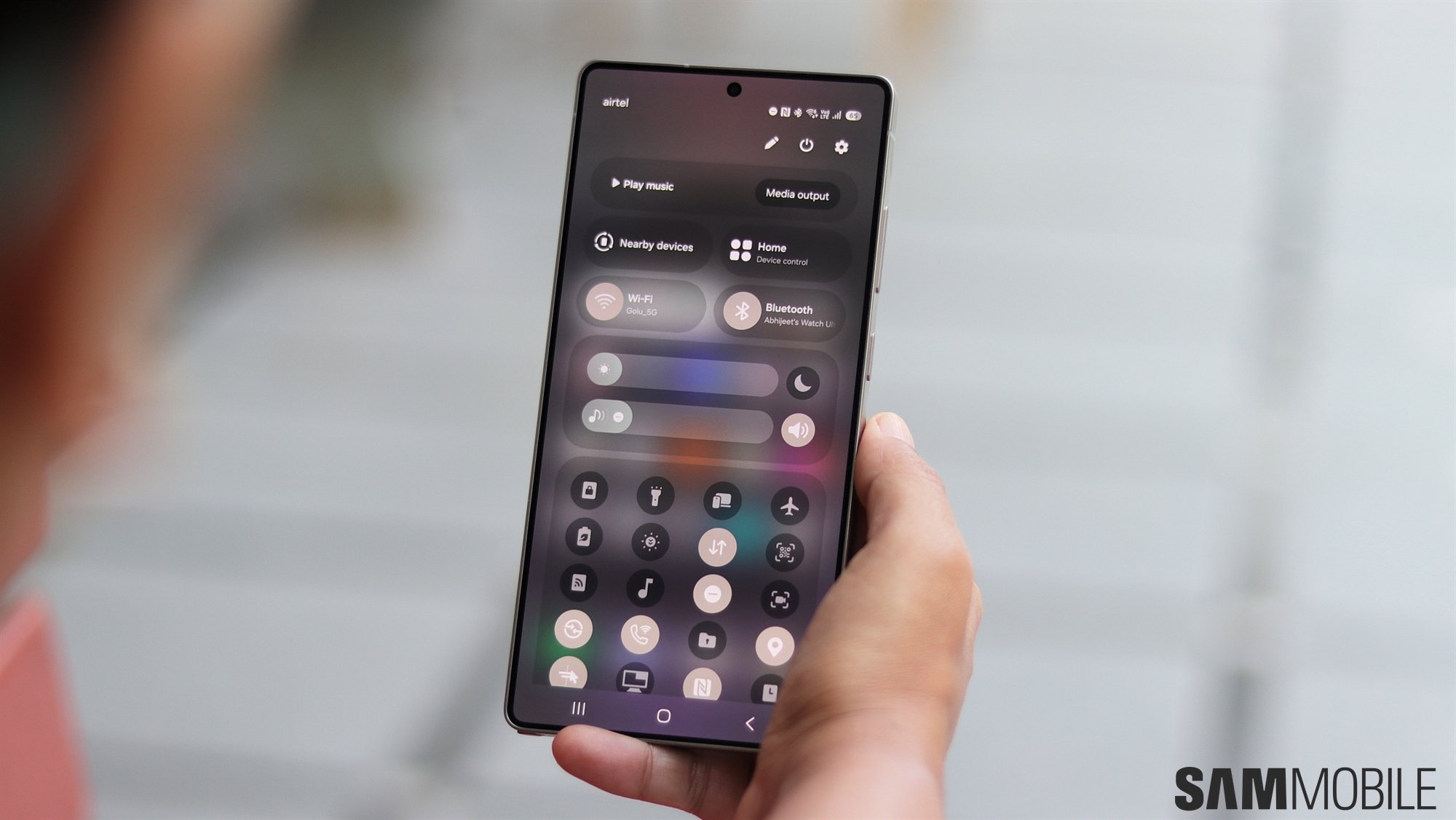Samsung's One UI 7.0 Stalemate: A Potential Nightmare for Mobile Innovation

Samsung Risks Alienating Users with Potential One UI 7.0 Update Strategy
The tech giant Samsung may be treading on dangerous ground if it considers deliberately delaying the One UI 7.0 software update as a calculated strategy to boost Galaxy S25 smartphone sales. This approach could potentially backfire, damaging consumer trust and brand loyalty.
By intentionally withholding software updates for existing devices, Samsung risks creating significant frustration among its loyal user base. Customers expect timely software improvements, security patches, and new features, and any perception of manufactured delays could drive users to explore alternative smartphone brands.
The potential strategy suggests a short-sighted approach that prioritizes immediate sales over long-term customer satisfaction. While compelling new hardware can certainly attract buyers, forcing upgrades through software manipulation is likely to generate negative sentiment and erode the brand's reputation.
Samsung would be wise to maintain its commitment to providing consistent and timely software updates across its device ecosystem, ensuring that users feel valued and supported regardless of their current smartphone model.
